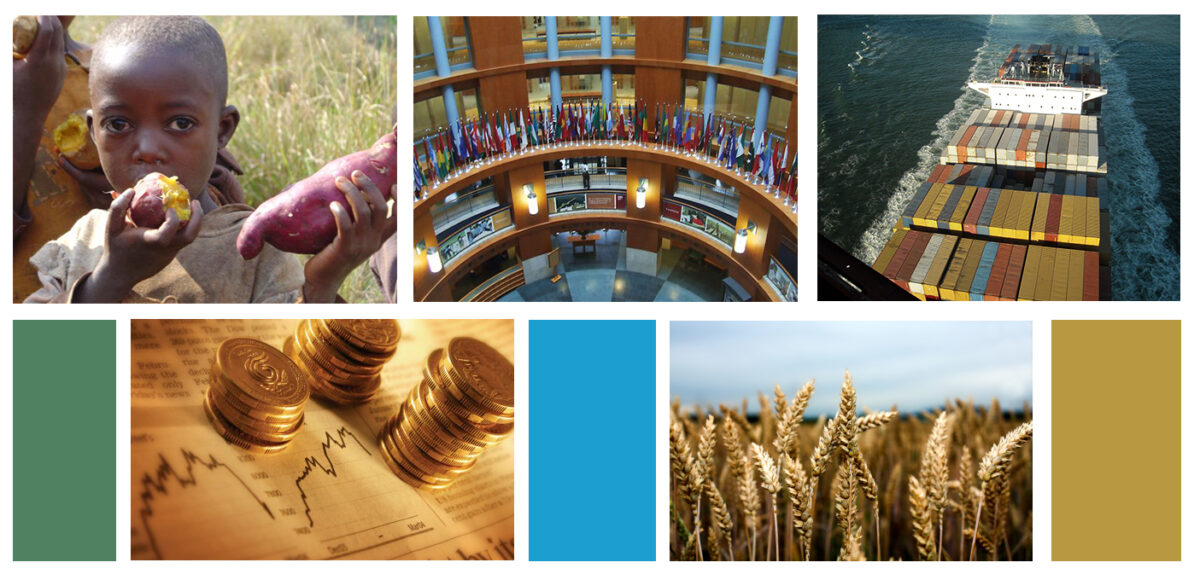Foreign Investment Boosts Sophistication of Domestic Manufacturing: New Evidence from Turkey
By Beata Javorcik (University of Oxford), Alessia Lo Turco, (Marche Polytechnic University), Daniela Maggioni (University of Catania) Recently, there has been a renewal of interest in industrial policy across the world. Advanced economies promise to use industrial policy to revive their declining manufacturing, while emerging markets hope that industrial policies will help them upgrade their […]

